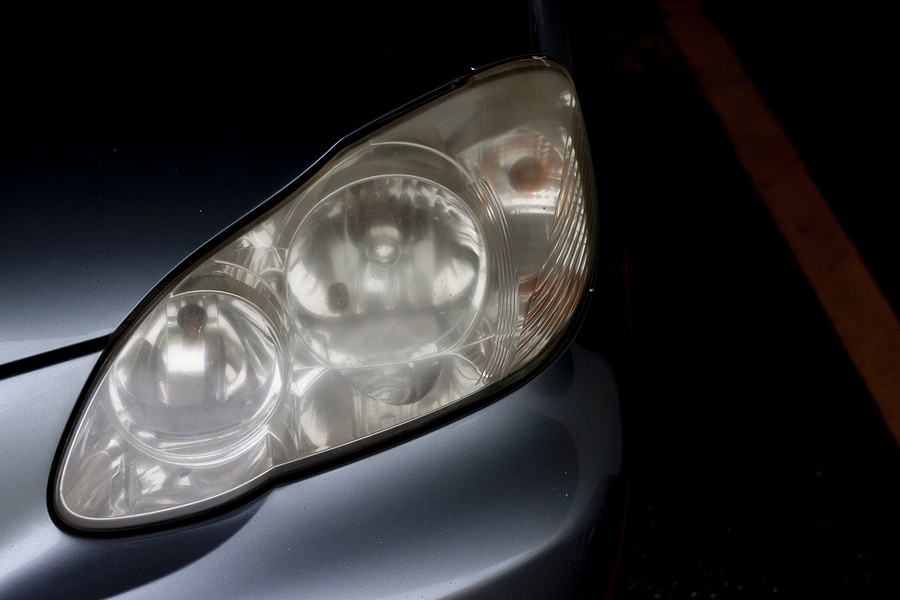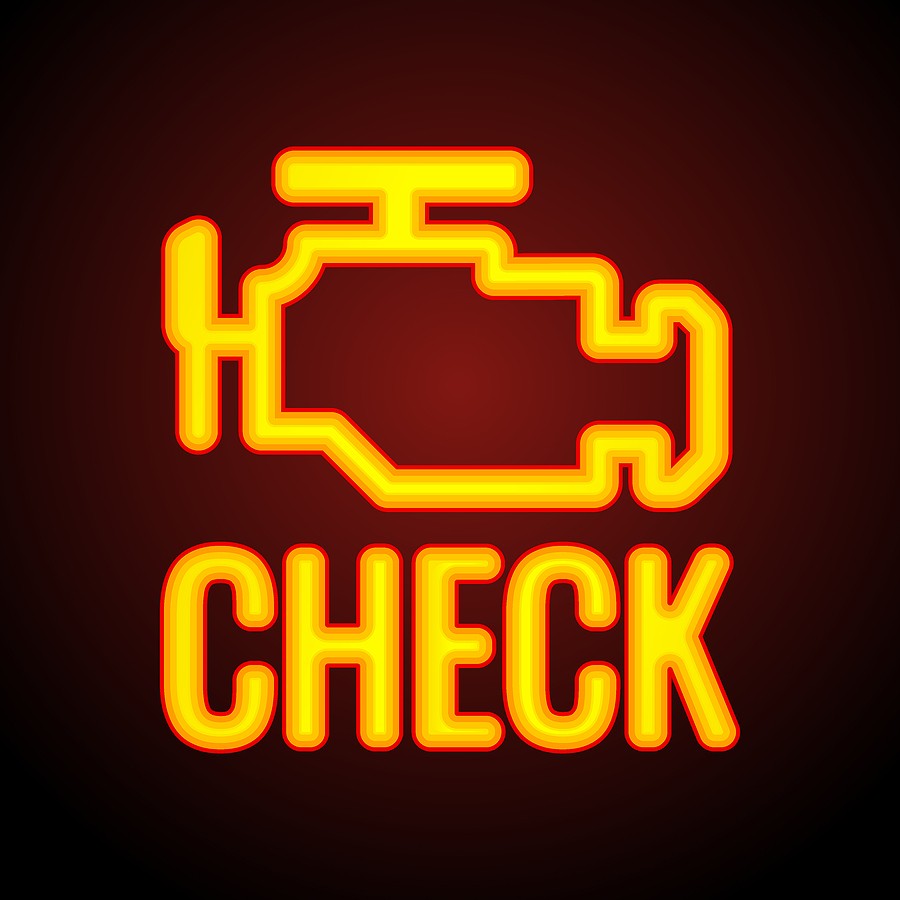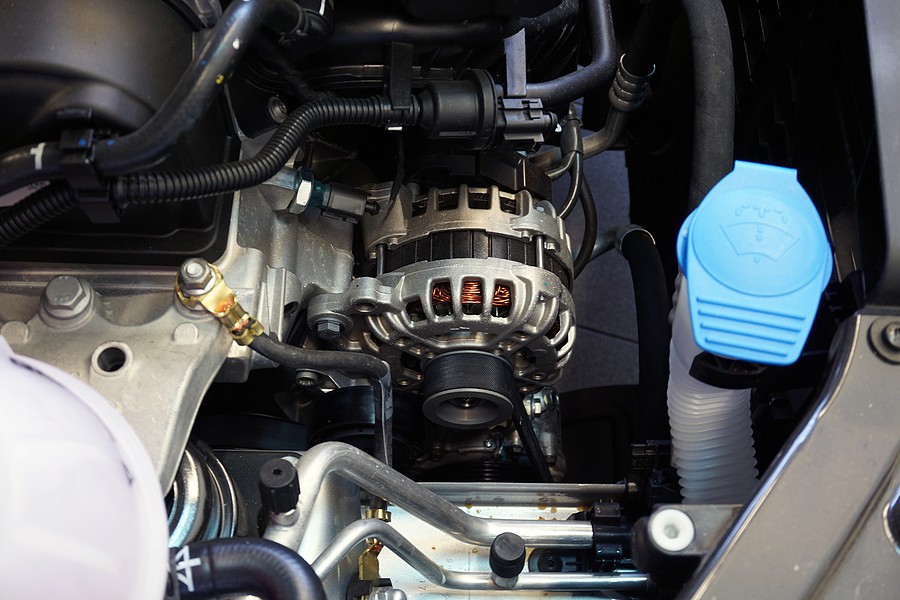If you're searching for “how to know if the alternator fuse is bad,”
- Dimming or flickering lights
- Weak battery
- Difficulty starting
- Electrical system problems
- Warning lights
- Burning smell
- Strange noises
The alternator fuse is a very minor component in the alternator. However, if it fails, the alternator will not work and will not do the required job to help your electrical system work in the vehicle.
Every car owner must understand that symptoms indicate a bad alternator fuse. This way, you'll be able to detect the problem as early as possible, and we'll solve it by replacing the fuse without damaging major components.
This article highlights the seven most common symptoms of a bad alternator fuse. It helps you answer the question, “How do you know if the alternator fuse is bad?”
What is the alternator fuse, and what does it do?
Before we dive into the details of your question, “How to know if the alternator fuse is bad,” it is critical that you won't understand the main purpose of this fuse and the potential problems that you'll face if it's not working properly.
The fuse is a minor component in your alternator responsible for protecting the alternator from any over currents or circuit shorts. In other words, it ensures that the alternator receives and delivers consistent electrical supply current in a way that does not damage any electrical components.
If the fuse is not doing its job to serve as a barrier in protecting the electrical component and mostly the alternator, then don't be surprised to see that the alternator fails and leads to further damage in the electrical system.
How do we know if the alternator fuse is bad?
Now you have a general idea about the alternator fuse, the next step is to know how to detect whether this alternator is bad or not. Once you come across one of the following seven symptoms, you'll most likely be dealing with a bad alternator fuse:
1- Dimming or flickering lights
The first and most common symptom of a failing alternator fuse is when you have a dimming or flickering headlight. These lights might be working properly when the vehicle is turned off, but as you're turning the vehicle on, if they're not working the way they should, it's most likely a problem with the alternator.
It's important to note that the alternator only works when the vehicle runs. In other words, it's responsible for converting the moving energy into electrical energy to supply the electrical components. Therefore, any problems with the headlights when the vehicles turn off are most likely related to the battery.

2- Weak battery
Since the alternator is responsible for charging all the electrical components and even recharging the battery, it's not surprising to deal with battery problems whenever the alternator fuse is not working.
For example, if you realize that you can start your car one time but then the second time, the battery doesn't have enough charge, then you're most likely dealing with a weak battery. It could be related to the battery but a problem linked to the alternator.

3- Difficulty starting
Unsurprisingly, you'll have difficulty starting your car if the alternator has a fuse problem and it evolves to the point where it can't charge the battery properly. Sometimes, you can start the button many times, but the vehicle might not crank because the battery is not sending the right charge.
Therefore, dealing with a very simple minor component like the alternator fuse might easily make your driving experience very frustrating and even impact your convenience of moving from one point to another, especially when you have important meetings or appointments.

4- Electrical system problems
Another potential thing you might face when the alternator fuse is bad is issues with the electrical system. This is a critical problem, especially when driving a modern car. Most modern vehicles rely on sensitive electrical components; if the fuse is not working properly, an overcharge or a circuit shortage might damage these components.
Unfortunately, replacing sensitive electrical components can be very expensive; delaying A faulty fuse can cause much damage. Therefore, automotive experts typically recommend replacing the fuse whenever you deal with this problem to avoid costly repairs.

5- Warning lights
In many instances, your vehicle might throw a check engine light or probably a light indicating that your alternator is not working properly. It might not say that the alternator fuse is not working, but it's a good way to help you narrow the list of potential culprits.
If you rely on the check engine lights, things are going to be a bit challenging to know the exact root culprit. That's why automotive experts recommend using an OD scanner to help scan the internal error in your engine because it'll tell you what's causing this issue to be triggered.

6- Burning smell
A faulty alternator because of a bad fuse can easily lead to many problems, including overheating your car and causing some burning smells. These burning smells might come from the alternator location, but you might notice them from other areas depending on what other components got impacted.
Keep in mind that the burning smell can be linked to a variety of car problems. Therefore, without digging deeper, you cannot immediately tell if it's an alternator fuse. The other thing to remember is that regardless of where this smell comes from, you must address it as soon as possible to avoid dealing with costly repairs linked to more critical components like the engine or the transmission.

7- Strange noises
Finally, a bad alternator fuse can easily lead to weird noises. These lines are like whining or other noises, most likely coming from the alternator side. Unfortunately, telling what exactly is happening because of these noises can be challenging without the right experience.
That's why, as a rule of thumb, automotive experts recommend that you consult your mechanic immediately anytime you notice any strange smell or noise. These noises can get louder depending on how complicated the problem is, so you should not ignore it.
Remember that the alternator fuse might show the previously mentioned symptoms but can also be linked to other problems. In other words, you need to work with your mechanic to identify the potential culprits leading to this problem and confirm whether it's related to the fuse or something else.

How much does it cost to replace an alternator fuse?
While the alternator fuse plays an important role in maintaining your alternator's performance, the good news is that if it's not working properly, you can replace it at a very low repair cost. Typically, the part costs less than $20, but the remaining depends heavily on the labor cost.
Typically, many car owners replace their alternative views if they have the minimum mechanical skill sets. However, if you don't have the right skills, you can go to a small independent shop so you don't have to worry about the expensive labor cost at the dealership.
You must confirm you're working with the right mechanic with the right skills. In other words, even if you're performing a minor repair, it doesn't mean you can go with any mechanic who doesn't have experience in replacing these fuses. Because any small repair can lead to many issues if done wrong.
Therefore, you have to balance how much you want to save on any car repairs and the right skills you're looking for to avoid dealing with these repairs and damaging your car.
 How To Know If The Alternator Fuse Is Bad
How To Know If The Alternator Fuse Is Bad
How do we know if the alternator fuse is bad? Final Thoughts
The alternator contains many smaller components, and if any of them is failing, you'll find a lot of potential problems, especially with your Electrical system. The alternator fuse is one of the most critical and sensitive components that might lead to some damage to your alternator if it does not work properly.
This article highlighted the seven most common symptoms to help answer the question, “How do we know if the alternator fuse is bad?” Whatever you notice, any of these symptoms come as critical that you confirm with your mechanic whether it's something related to the alternator fuse or something else. If you confirm it's the fuse code, you must replace it.
If you're interested in similar posts, we highly encourage you to visit our blog by clicking here.



